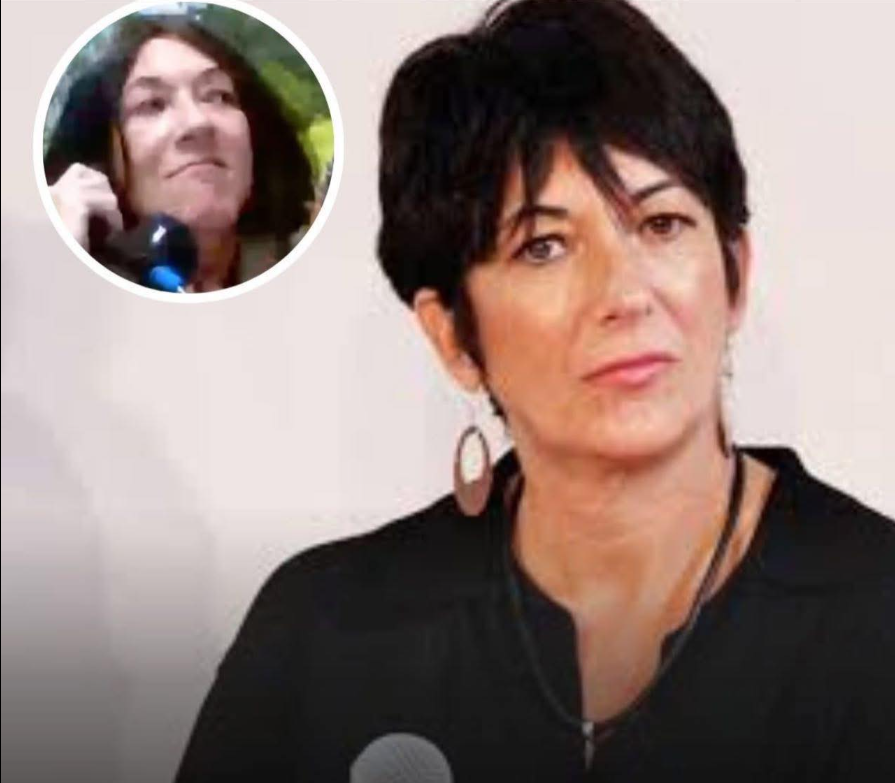A high-profile legal dispute has once again ignited public debate and controversy, drawing attention to one of the most infamous criminal cases in recent American history. The renewed scrutiny comes after a former defense attorney directly challenged widely held assumptions about secrecy and the control of sensitive documents, asserting that the withholding of key information is not the result of federal obstruction, but rather the decisions of two New York courts. As social media and news outlets speculated, his explanation added a layer of complexity to the narrative, raising questions about who truly manages access to critical records, why certain documents remain sealed, and how long-standing legal procedures intersect with public curiosity and the demand for transparency.
Alan Dershowitz, the prominent lawyer who once represented Jeffrey Epstein, took a highly visible stance in this debate, pushing back forcefully against accusations that the Trump administration or federal officials were suppressing or hiding secret materials related to Epstein’s activities. In interviews and public statements, Dershowitz clarified that there is, in fact, no so-called “client list” as many have suggested. Instead, what exists are heavily redacted FBI affidavits containing allegations from Epstein’s victims, with the names of accusers and other involved parties blacked out under judicial orders to protect privacy. Dershowitz emphasized that none of the individuals referenced in these documents currently hold public office, underlining that the restrictions are rooted in legal protections for victims rather than any attempt to shield political figures. Crucially, he noted, it is two judges in Manhattan—rather than federal authorities—who retain authority over which records remain sealed, a point often overlooked in broader reporting.
According to Dershowitz, the court-imposed redactions are designed specifically to safeguard the identities of accusers and prevent further trauma or harassment. He also explained that he is legally prohibited from disclosing information obtained during his tenure defending Epstein, reinforcing the idea that certain secrecy is not arbitrary but mandated by longstanding attorney-client and judicial confidentiality rules. Beyond the legal framework, he argued that much of the speculation about hidden names has been fueled by misinformation or exaggeration, pointing out that the majority of individuals associated with Epstein have already been publicly named in news reports, investigative books, and other accounts over the past decade. The so-called “secret list,” he insisted, is more myth than reality.
This clarification comes against the backdrop of ongoing judicial decisions that have shaped the public’s access to Epstein-related records. Recently, two federal judges—one in Florida and another in New York—denied requests to unseal additional documents, including grand jury transcripts from the original investigations into Epstein’s alleged crimes. These cases date back to 2005 and 2007, when Epstein ultimately negotiated a controversial plea deal that allowed him to avoid federal sex trafficking charges, sparking decades of criticism and scrutiny over the legal system’s handling of high-profile offenders. The judges’ rulings reinforce the tension between the principles of transparency and the protection of victims’ identities, highlighting the delicate balance courts must maintain when navigating cases with far-reaching public interest and severe personal consequences.
Legal experts observing the situation noted that the Epstein case has always existed at the intersection of criminal justice, media scrutiny, and public fascination with wealth and power. While transparency advocates argue that unsealing more documents could shed light on networks of influence and enable a more comprehensive understanding of Epstein’s activities, courts continue to prioritize the privacy and safety of those who came forward to report abuse. The ongoing refusals to release certain records underscore the enduring complexity of the legal system, where victim protection, procedural rules, and societal pressure often collide.
Ultimately, Dershowitz’s statements serve as a reminder that much of the narrative circulating online and in news commentary may oversimplify the legal realities at play. The withholding of documents is not necessarily a deliberate attempt to conceal wrongdoing or shield high-profile individuals; instead, it reflects a judicial process structured to navigate extremely sensitive material with care. The recent comments and court rulings illuminate the broader challenges faced by a legal system tasked with both safeguarding victims and addressing a public thirst for accountability. In a case as scrutinized as Jeffrey Epstein’s, the tension between secrecy and disclosure will likely continue to provoke debate, keeping questions of justice, transparency, and responsibility at the forefront of public discourse for years to come.
